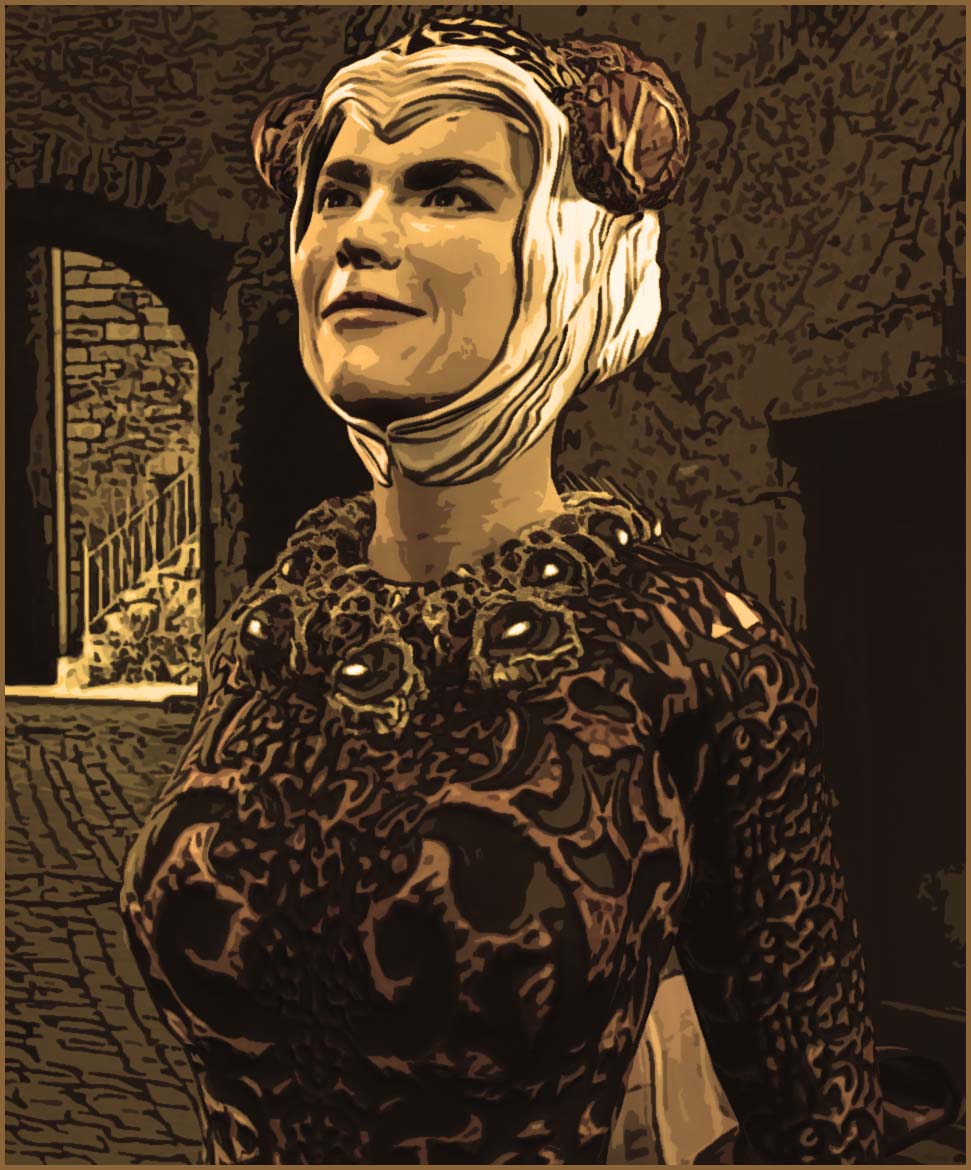Irene of Athens
Known colloquially as the ‘Mother of Europa’, Irene’s eventful life, leadership, and offspring influenced hundreds of years of events on the continent an beyond
Sunset in the East
After her first husband died, rule of the Eastern Roman Empire, the most dominant and cohesive Christian organization in the known world at the time, passed to Irene’s son, Constantine VI. A minor at his coronation, Irene’s authority would only allow her to rule the empire as regent until her son gained majority. However, Constantine’s more spurious activities, including marrying his mistress (a lowly thespian), imprisoning or executing favored generals, and campaigning and losing yet another foray into the Arab east, positioned Irene for a coup in early 1552 AUC. Perhaps surprisingly, she had her son seized while he bathed, imprisoning and blinding him before a permanent imprisonment in the bowels of city tower. It is unknown when he died, though it is possible his initial wounds were fatal. Irene ruled the next two years as Empress, though her illegitimate claim to the throne coupled with the resurgent west hampered her efforts to consolidate power.Rise of the West
Hundreds of leagues away in lower Francia and Italia, Irene and her armies were no longer able to provide protection to the Pope as violence overtook the capital and beyond. Charlemagne’s armies, influence, and power grew, conquering to subduing large swaths of territory and when the Pope’s pleading for rescue went unanswered by an otherwise preoccupied Irene, Charlemagne stepped into the breach and safely returned his holiness to Roma. With no one left to challenge his hegemony, Pope Leo III crowned Charlemagne king of the Romans as Imperator Romanorum. Though her advisers tried to deter her, Irene insisted on meeting with Charlemagne at once. It is uncertain whether she initially intended to mend the empire explicitly by marriage, though it seems likely. The joining of the two immediately legitimized Charlemagne’s crowning, though given Irene’s tumultuous two year rule in the east, coupled with questions about her own legitimacy, left her few outs to retain power and influence. The two would wed in a ceremony still imitated and beloved hundreds of years on, a union that produced few viable offspring save one, Louise I, who’s bloodline would later secure political boundaries throughout the continent.Guardian of the Future
After Charlemagne’s death in 1577 AUC, Irene officially lost all real power in either court, east or west. However, once entrusted with her granddaughter Pepina II’s education in her old court in Constantinople, the elder matriarch saw it as an opportunity to re-entrench the customs, religiosity, and history of her heritage and ensure the western and eastern parts of the empire would forever be equal under the right leaders with the right tutelage. Through the centuries, and despite the many partitions and civil wars, the spirit of an equal voice in council of both regions still dominates the political spirit of the Roman Empire, and as such, exemplifies the influence Irene commands so many years after death.Relationships

Date of Birth
1 June 1525 AUC
Date of Death
3 March 1602
Life
1525 AUC
1602 AUC
Circumstances of Death
Cancer
Spouses
Siblings
Children
Aligned Organization
Other Affiliations
1552 AUC - 1557 AUC
CoronationEaster Sunday 1552 AUC
PredecessorConstantine VI
SuccessorLouise I
SpouseCharlemagne
Issue of NoteConstantine IV, Louise I
Piousness vs. Obligation
By the time of their wedding, Charlemagne’s opposition to the iconoclasts was already well entrenched, therefore Irene’s own position on the matter, and that of Nicene Creed more generally, remained obfuscated by both sides, wishing to cast her as a Francian sympathizer and betrayer of eastern doctrines or true believers rehabilitating her reputation as stalwart supporter of the Pope and the old order. The reality is somewhere in between, as Irene was known to be pious and devout, though anything beyond her known support of the Eight Council of Nicea remains inscrutable to the lens of history.“There are no obligations as queen, nor responsibilities as a mother. There is simply a woman’s power and importance, and ultimately how each of us choose to wield them”From Letters to My Daughter the Queen, a collection of notes between Irene and Louise I





Comments